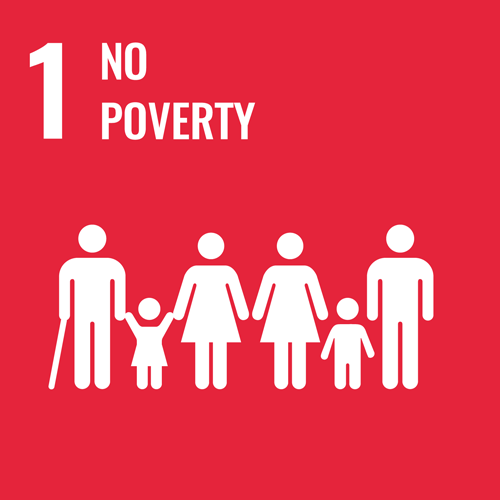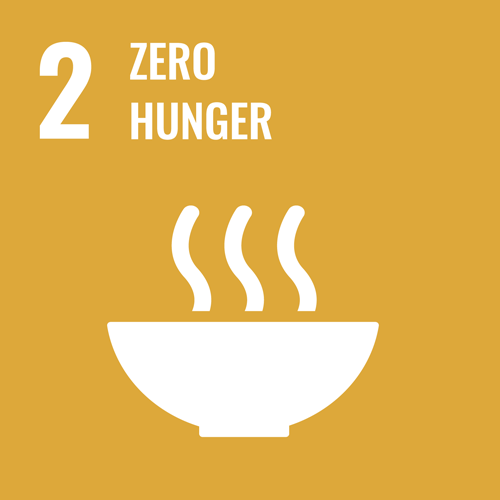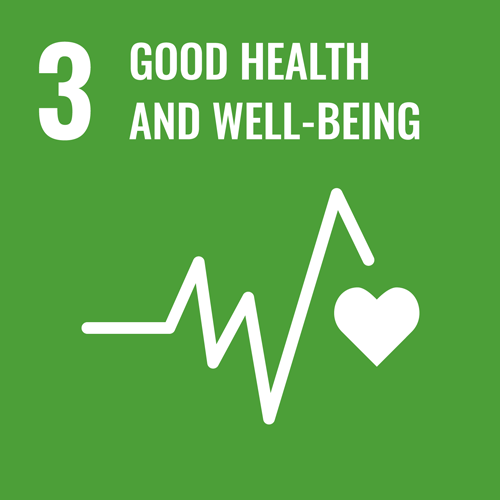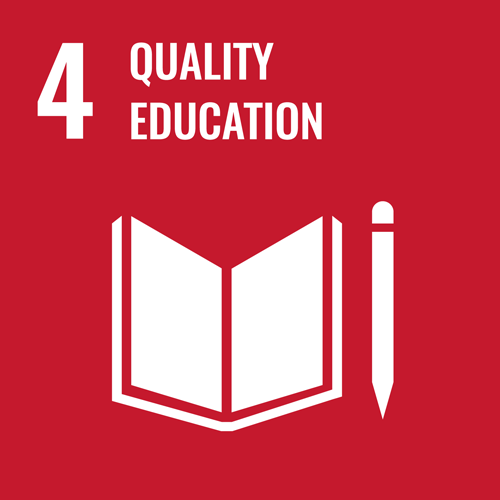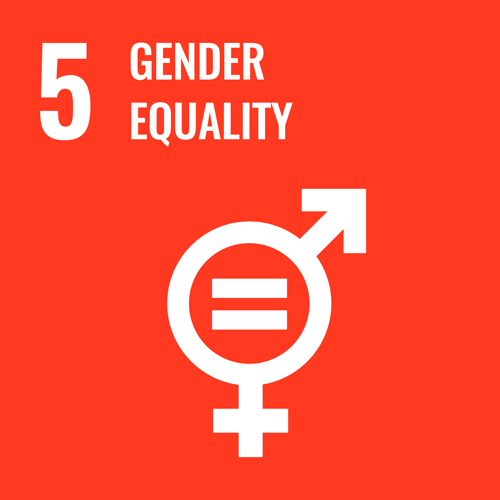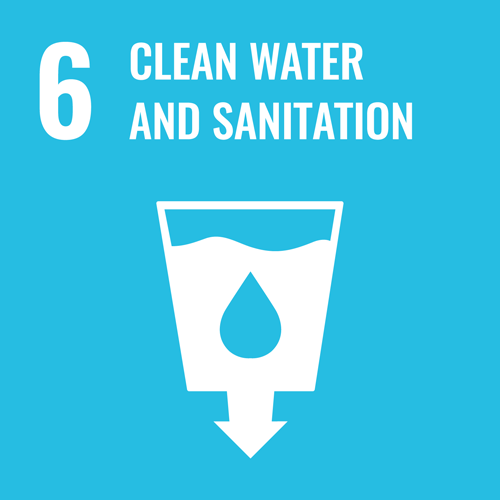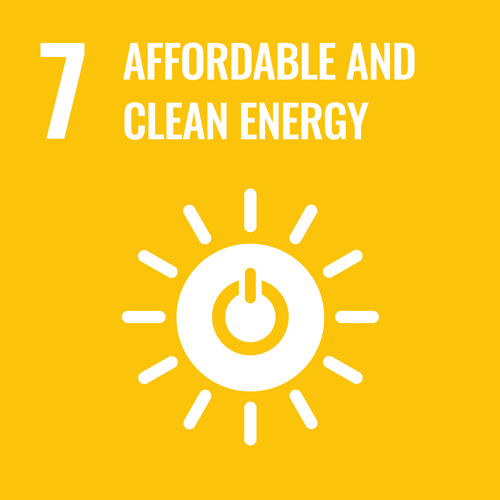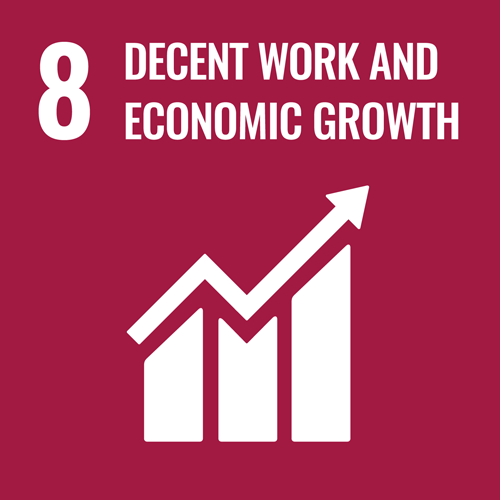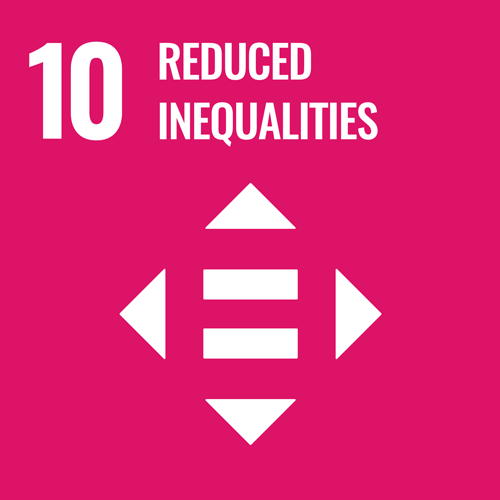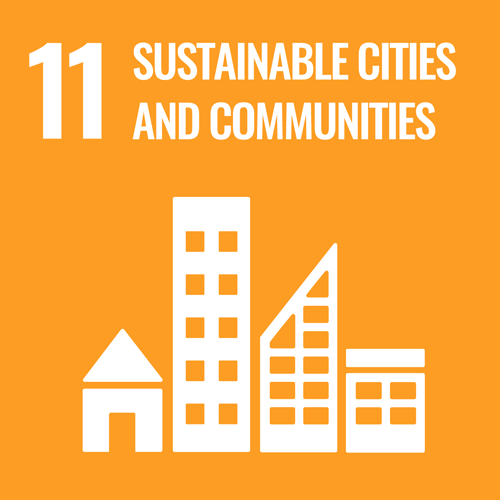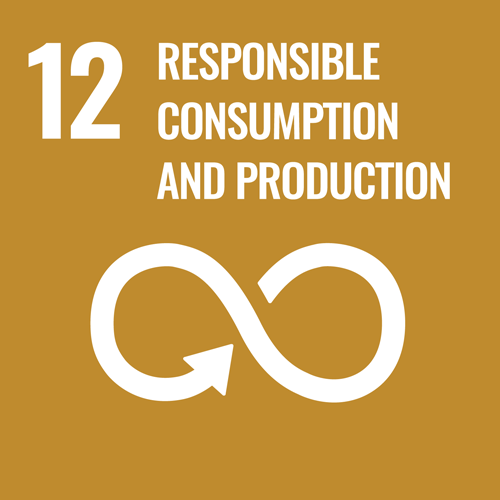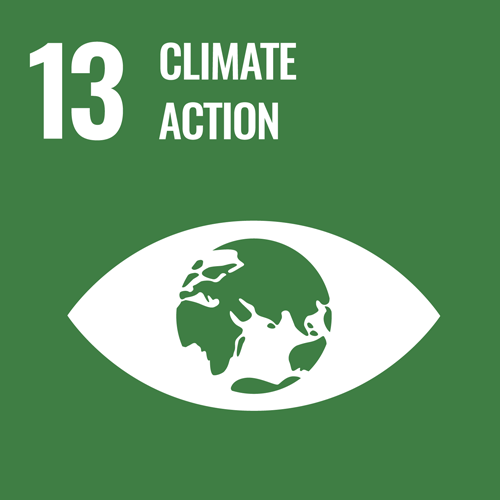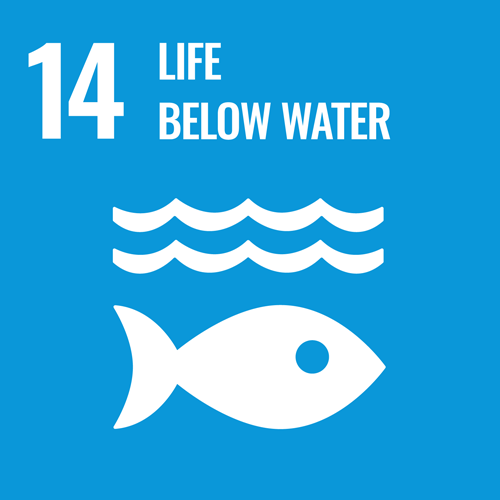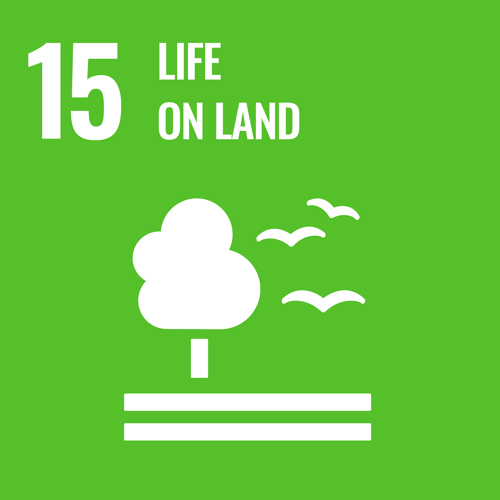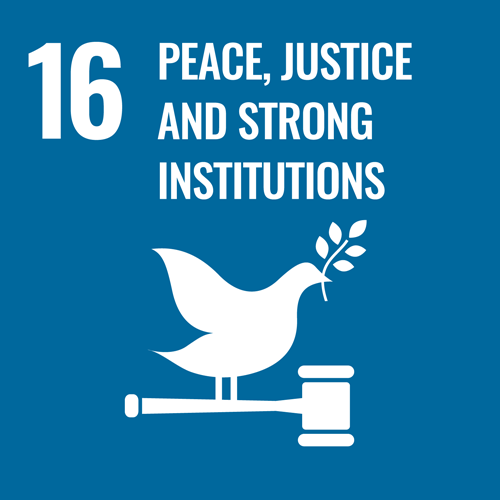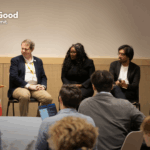
UNFPA is the United Nations sexual and reproductive health agency. Our mission is to deliver a world where every pregnancy is wanted, every childbirth is safe and every young person’s potential is fulfilled.
Description of Activities on AI
Project 1: TABOO
Taboo is a service that offers users relevant information and to easily obtain and visualize disaggregated and significant data about myths and misconceptions of sexual and reproductive health contained in the genuine opinions of the Spanish-speaking population on Twitter.
Through scraping techniques this data is meant to be a complement to the official information gathered by the entities in charge of guaranteeing sexual and reproductive rights in Colombia and other Spanish-speaking countries. In this way, it is possible to obtain a more robust picture of what is happening around this issue, based on this compilation of information to make better decisions when we approach the citizens with new actions and strategies that seek behavioral changes.
Implementing trusted and tailored messages, in the right channels will bust myths and unveil misinformation and help women, young women and adolescents, to exercise their sexual and reproductive health and rights and prevent unwanted pregnancies.
The project is centered in eliminating barriers encountered in the demand of family planning related to taboos, lack of understanding of RH and limited decision making. Since we intend to unveil the myths and misconceptions in family planning, our innovation will contribute to preventing unplanned/unwanted pregnancies.
Project 2: ECHO: Amplifying citizen’s voices for the SDGs”
ECHO is a unique tool that uses Automatic Speech Recognition, Cognitive Computing, and Data Analytics to improve the efficiency in processing large amounts of information in real-time. ECHO collects information from individuals of all backgrounds, including minorities and vulnerable populations
ECHO is a tool powered by artificial intelligence that promotes citizens’ participatory planning and awareness about the SDGs through real-time guided public discussion. ECHO is seeking to link conversational and informal citizen’s language to SDGs language using a classification model, developed by UNFPA Colombia.
Project 3: Big Data for Family Planning Inequalities Analysis (BiDaFPInAs)
The Big Data for Family Planning Inequalities Analysis (BiDaFPInAs) project aims to capture social media conversations of Filipinos about family planning and develop a machine learning (ML) algorithm that converts those conversations to insights. These insights will help provide real-time data on awareness and perception of Filipinos about family planning to government planners. Using appropriate keywords and filters, the system is programmed through a series of iterations to identify levels of awareness and perception of Filipinos on family planning.
Project 4: AI based Early Warning System (EWS) on Youth and SRHR
The early warning system is aimed to provide UNFPA access to real time information on dialogues, social media behaviour, reported and/documented programme interventions by development partners with regards to adolescents and young people. This data is expected to be analysed by an AI algorithm to predict rapid and critical response to address the root causes and/or prevent further escalation of the early signs of opposition/backlash against ASRH deduced from the data analysis. Additionally, we seek to bridge the gap between knowledge and (social media) behaviours by shifting attitudes among the target population group and subsequently adopting positive behaviour choices.
Young people, who are connected to the internet, use social media to share their thoughts, feelings and impressions about various SRHR issues. Some of the conversations include sexual behaviour, contraceptive use, intergenerational relationships, peer violence. Moreover, social media is often used by opposition groups against SRHR and CSE, this tool will facilitate timely action in response to growing opposition before it escalates and allow relevant UNFPA’s offices to counteract misconceptions and opposition to SRHR.
UNFPA have identified three middle income countries (current suggestions include: Zambia, to largely track opposition opinions to SRHR; Namibia and Rwanda, due to their access to technology and smaller population) implementing the Safeguard Young People Programme with high internet usage especially among young people under 30 years to form a part of the pilot implementation of the early warning system.
The developed AI based system will be applied to Twitter and/or Facebook during the pilot phase to generate data to train the AI algorithm to familiarise with the conversations. Initially, UNFPA will facilitate conversations through targeted questions to the young people in the target group to test the response of the developed algorithm. In addition to this, we will feed the AI system UNFPA program documents, reports, intervention plans etc. to align the discussions to program response. It is expected that the system will generate reports with recommendations of urgent action in the form of graphs, infographics, word clouds etc. for each use of the information.
A front facing visualisation platform will be developed to aggregate and present the reports in a user friendly manner. This visualisation platform will be connected to existing UNFPA tools including social media platforms to make the generated report available to all stakeholders.
Project 5: Hayati Chatbot
‘Hayati’, meaning ‘my life’ is a mobile application being developed by Men4Women in collaboration with UNFPA South Sudan. The chatbot is a way forward for South Sudan given the increase in technology and phone user uptake across the country. The chatbot is critical for the need to provide young people with a platform where they can access SRH and GBV information confidentially from wherever they are.
In future, the chatbot also plans to incorporate live information such as reporting of sexual harassment in public spaces etcetera. But currently it will only look at providing free, timely and confidential information on SRH and GBV to the people.
Project 6: SophiBot
Sophie Bot is an AI application that directly answers SRHR questions in a private and confidential way. The information is pre-fed in the platform and in instances where no response is provided, the user is linked to a direct chat where they are able to communicate with someone to receive the correct responses and also join the discussion forum. Sophie Bot can also be accessed through Messenger, Telegram or Twitter. The solution seeks to address poor SRH outcomes among young people attributed to inadequate access to comprehensive and correct information on SRH. In Kenya, it is estimated that one in every five teenage girls between the ages of 15-19 years is either pregnant or has had their first child while 51% of new HIV infections occur among young people between the ages of 15-24.
Project 7: #TECH4YOUTH AND #NLP SOLUTIONS TO AMPLIFY SRHR ACCESS AND ACCELERATE THE ACHIEVEMENT OF #SDG3
The number of languages spoken in Africa varies between 1,000 to 2,500, depending on different estimates and definitions. Almost half (48 per cent) of Sub-Saharan African countries have an African language that is spoken by over 50 per cent of the population as a mother tongue. With the additional secondary speakers sometimes at mother-tongue proficiency level, the proportion increases to more than two-thirds (67 per cent). Sixteen of Africa’s shared cross-border languages have more than 150 million speakers. Outside the education sector, at least 56 African languages are used in administration and at least 63 African languages are used in the judicial system (26 sub-Saharan nations allow African languages in legislation). In written business communication, at least 66 African languages are used, and at least 242 African languages are used in the mass media. In short, the existence of so many languages within a single country and their right not only to survival but also to development represent a matter of importance that has to be considered over and above the categories into which they fall. This diversity is in itself perceived as an inherent challenge in matters of communication, governance and education. Such a multiplicity is perceived as a communication barrier and viewed as synonymous with conflicts and tension but also a great opportunity to spread messages and information till the last mile.
Project 8: SAS & UNFPA Partnership
The overall goal of this partnership is to: (1) increase awareness of GBV, in particular targeting the business community in the region; and (2) develop solutions to analyze GBV using data and artificial intelligence to tailor policies on GBV prevention.
As part of the second goal, SAS and UNFPA will jointly explore how to leverage and analyse large administrative data sets to understand the risk and protective factors using AI, and explore a model that can be used by the public sector and civil society to prevent the incidence of violence against women, and improve GBV response programmes.
A proof of concept will be developed and showcased for local authorities and public opinion using available data sources such as for example survivors’ interviews and police records, and the analytical model (AI) will be applied to identify risk factors that will inform prevention plans at local and national level.
SAS will convene its internal data scientists, as well as data scientists from SAS customer companies, to explore data sets and analytical techniques to assess what can be learned from data to prevent GBV, improve services for survivors and optimise GBV programs. SAS will also bring its business client base to the advocacy component of the partnership.
UNFPA will liaise with its country office staff and partners throughout the region to identify countries and public sector bodies who would partner in this project and share data from its own GBV programs. UNFPA will also provide technical expertise and support accurate and robust messaging around the topic of GBV.
Both organizations will also collaborate on and support each other messaging or communications campaigns to elevate public awareness of GBV.
Project 9: AMMA App – Period & Pregnancy Tracker
”Amma” is an international mobile application that allows women and their families to have an informed, safe, and healthy pregnancy. The application, which continues to work in cooperation with UNFPA Eastern Europe and Central Asia Regional Office (EECARO), provides information sharing in a wide scope. Within the application, detailed information can be obtained about the development of the baby, the changes that the mother may experience during pregnancy, and nutrition & moods. In addition, with the AI technology created, the weight gain and abdominal growth of the expectant mother are controlled, and pregnant women can count the contractions they experience and send their data to their doctors. The application also contains high-quality ultrasound images and explanations. In addition, there is a personal calendar for each day of pregnancy with reminders for medications and mood changes.
With the support of UNFPA EECARO, additional content in mobile applications is created to convey more accurate information on safe pregnancy, prenatal care, and sexual and reproductive health. With the AI technology to be developed, it is aimed to conduct joint research to understand user information, behavior, and information needs on maternal health, sexual reproductive health, and gender issues.


 Buy your pass
Buy your pass
